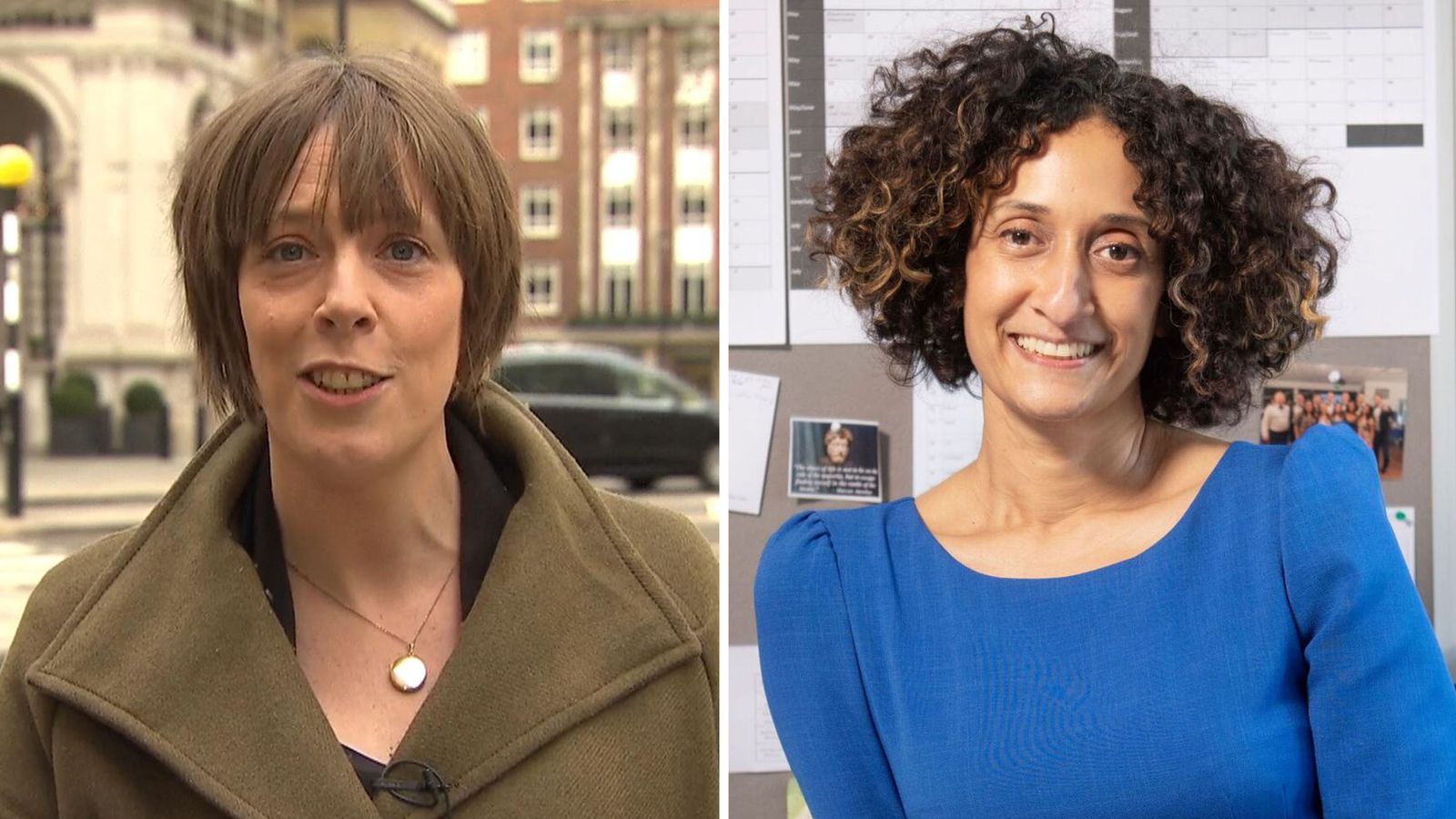“The greatest workforce crisis” in the history of the NHS is putting patients and staff at “serious risk”, MPs have said in a damning new report.
The study says there is a shortage of 12,000 hospital doctors, and more than 50,000 nurses and midwives – and that the government has “no credible plan” for making the situation any better.
It warns maternity services are “under unsustainable pressure” – 552 midwives left in the past year alone – and there are 700 less full-time equivalent GPs than there were three years ago.
Put together by MPs from the cross-party Health and Social Care Committee, the report pulls no punches when addressing the government over the growing crisis.
Projections suggest an extra 475,000 jobs will be needed in health and an extra 490,000 jobs in social care by the early part of the next decade in order to ease the strain.
But the report said: “In the face of this, the government has shown a marked reluctance to act decisively.
“The workforce plan promised in the spring has not yet been published and will be a ‘framework’ with no numbers, which we are told could potentially follow in yet another report later this year.”
MPs said while some progress had been made towards a target of recruiting 50,000 nurses, the government was set to miss its target to recruit 6,000 more GPs, as promised in the Conservative Party manifesto.
“The persistent understaffing of the NHS now poses a serious risk to staff and patient safety, both for routine and emergency care,” the report said. “It also costs more, as patients present later with more serious illness.
“But most depressing for many on the frontline is the absence of any credible strategy to address it.”
Read more:
12 hour trolley-waits rise as NHS data for June worse than any ‘winter crisis’ on record
Cancer diagnoses impacted as delayed waiting times and workforce crisis grips the NHS
It went on to say as a result of staff being under pressure, the NHS was losing millions of full-time equivalent days to staff sickness caused by anxiety, stress, and depression.
“The result is that many in an exhausted workforce are considering leaving – and if they do, pressure will increase still further on their colleagues,” the study said, adding that some simple things are not in place, such as access to hot food and drink on shifts and flexible working.
MPs said the government’s “refusal” to make workforce planning data public “means that the basic question which every health and care worker is asking: are we training enough staff to meet patient need? will remain unanswered”.
Government progress rating? ‘Inadequate’
More needs to be done on social care worker pay to stop people leaving, it added.
A separate report by the committee’s panel of independent experts rates the government’s progress overall to meet key commitments it has made on workforce as “inadequate”.
Steven McIntosh, executive director of advocacy and communications at Macmillan, the cancer support charity, told Sky News chronic staffing issues had serious implications for cancer diagnosis and treatment too.
He said: “Currently, three million people are living with cancer. By 2030 that will rise to four million.
“We don’t have the NHS staff needed to even treat and diagnose people now.
“Unless government grapples with this long-term staffing shortage, none of us are going to be able to access the timely cancer care and treatment that we need to, when we need it.”
Health and Social Care Committee chairman and Tory MP Jeremy Hunt said the country was facing “the greatest workforce crisis in history in the NHS and in social care”.
He added: “NHS professionals know there is no silver bullet to solve this problem, but we should at least be giving them comfort that a plan is in place. This must be a top priority for the new prime minister.”
Read more:
Funding cuts left the social care system in crisis even before COVID
GP workforce experiencing ‘worrying workload’ amid staff shortages
Danny Mortimer, chief executive of NHS Employers, which is part of the NHS Confederation, said tens of thousands of staff vacancies “at the last count” and “an exhausted workforce, present one of the greatest challenges to the recovery of the economy and the return of safe, high-quality health services for all”.
He said health leaders were “beyond worried” about the government’s “sustained reluctance to act decisively on NHS and social care staffing” which he said posed a “serious risk to both staff and patient safety”.
Ministers should be ‘shocked into action’
Patricia Marquis, the Royal College of Nursing’s director for England, said the report’s findings of serious risk to staff and patient safety “should shock ministers into action”.
She added the committee had also said in regard to pay, it was “unacceptable that some NHS nurses are struggling to feed their families, pay their rent, and travel to work”.
A Department of Health and Social Care spokesperson insisted it was “growing” the workforce with “over 4,000 more doctors, and 9,600 more nurses compared to last year, and over 1,400 more doctors in general practice compared to March 2019”.
The statement added a £95m recruitment drive was in place for maternity services and £500m was being provided to “develop our valued social care workforce, including through training opportunities and new career pathways”.
A long-term workforce plan to recruit and support NHS staff had, it said, been commissioned.


